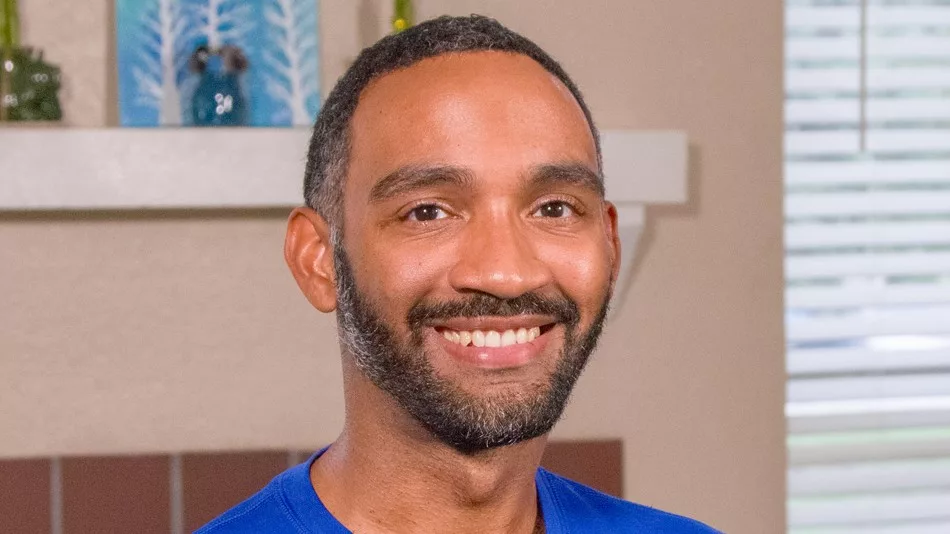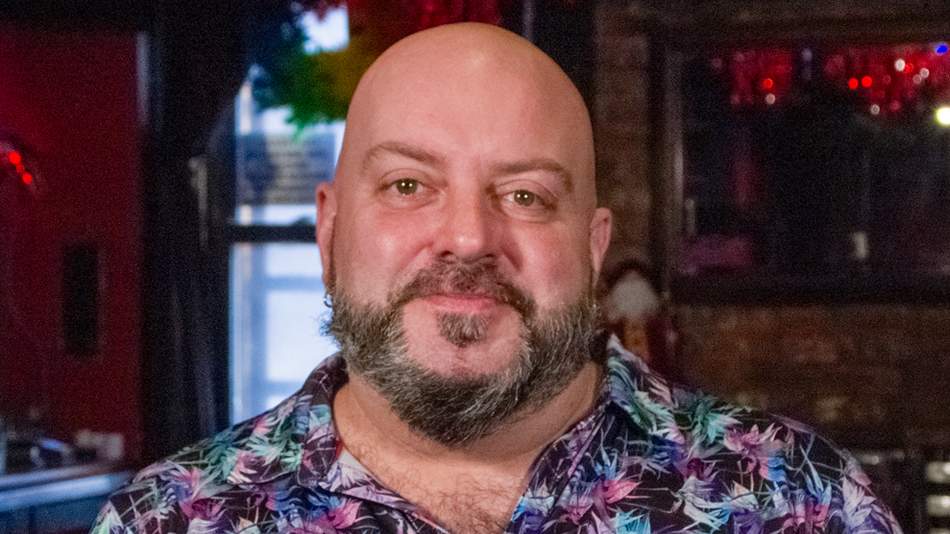I’m Jack Drescher. I’m from Brooklyn, New York.
I originally came out to myself at the age of 21 in 1972. And as part of my coming out process, I gradually started telling people. Two people that I told were our neighbors where I grew up in Brooklyn. I told them that I was gay, but I wasn’t telling my family.
In 1978, I guess I was 27 at the time I was in medical school in Michigan and I came home in the fall on a… on a break from school. And my mother was acting strangely. I had told this couple who were neighbors where we grew up. And I told them before I went to Michigan a few months earlier.
And so I said, “Did you tell my mom that I was gay?”
And they said, “Well, you know, we were having a party and they were talking… your mom was talking to me about something. She said, ‘You don’t think that Jack is gay, do you?’ And we thought she really wanted to know. So yes, we told her.”
My mom was very upset. My parents are Polish Jewish Holocaust survivors who came to the states in 1949, two years before I was born. They weren’t sort of what you would think of as progressive liberal open-minded people. They had come from a very, you know, difficult background.
So after my friends told me that they had already told her, she and I had a bit of a discussion about my being gay and she was very unhappy about it. She said that she had already gone to see this rabbi in Borough Park, Brooklyn, who was known to work miracles. And so she told the rabbi’s assistant why she was there. He wasn’t – the rabbi wasn’t there. And the assistant said, you know, “We solve that problem by marrying our young people off very young so that they don’t develop into gay men.” And I was already 27, which was a little bit too old to be married off young. She had a hard time accepting this. She told my father, they were both very depressed.
The following year I pierced my ear. It was my last year of medical school. Oh, and I… I got a permanent. My father and mother had some visitors coming from Israel and they… they said, “We would like you to come for Friday night Shabbos dinner.”
And I said, “Okay. But you know, I just pierced my ear.” And my father called back and said, “Don’t come.” Because they didn’t want their friends to know. And that was really how they dealt with it.
So fast forward… 1981. So now I’m 30 years old. I’m a resident in psychiatry at Downstate in Brooklyn. I live in Manhattan at the time so I go visit my parents in Brooklyn on Saturday for the day. So we’re in… we’re sitting around the table, my father and my mother and me, and my father says “Your mother and I want to speak with you.” And my father says to me, “Your mother and I don’t approve of your lifestyle.”
So I said, “Okay. Okay, Daddy. I hear you. I understand.” I said, “But you know, daddy, I always wanted a father who was educated, who spoke English without an accent and who was more affluent than we are.” And it was like, I hit him with a Slingshot between the eyes. He went like this [mimics shocked face].
And immediately backed – he said, “Okay, okay, okay, okay.” He said, “All right, but why did you have to tell us?”
So I said, “Well, I didn’t tell.” I said, “Mommy asked.”
And he turns to my mother, I remember, and he goes, “You asked??”
That was the last discussion about it. The following year, I met my partner, now my partner of 39 years. They met him. He was always welcomed. They were very, you know, they didn’t want to talk about it, but they didn’t want people to know.
So my parents come from a tradition where it is the responsibility of the parents to marry their children. And so my mother had a friend and acquaintance who used to give her phone numbers all the time of women for me to meet. And my mother felt that she wasn’t really trying to get me married in a nice way, that she was really making these offers to her to sort of like give her a poke.
So finally, my mother told me, she said, you know, she said, “Luba, he’s 41. He lives with a man. He’s gay. You get it?” For me, that was when my mother came out, 14 years after she found out.
Toward the end of her life, she – my mom passed away in 2016 and… but she was ill for the last year of her life. But I had gotten her an iPad so that we could do video chats and she would end each chat saying, “I’m so glad you’re married. I’m so glad you’re married.” And sometimes she would say it in Yiddish. Gefelt mir de bist chosenen gegotten. This parental responsibility that I mentioned earlier that it’s the parent’s responsibility to marry off their children, I think played itself out when gay marriage became legal.
I had given her a gift that she had performed her parental responsibility of having married off all her children by being able to get married. And I think… and that was really, I think, what fueled her saying it every time, because in a way she’d done her job, she was going to be leaving soon and she had done her job.








Share